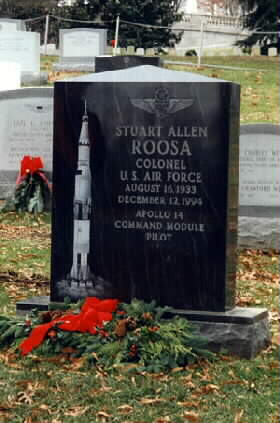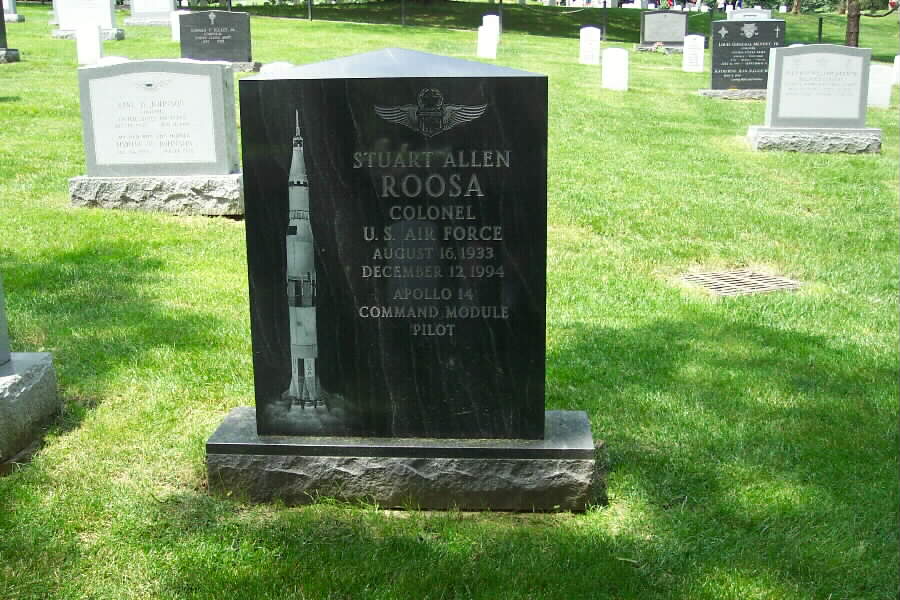From a contemporary news report
Retired Air Force Colonel Stuart A. Roosa, 61, the astronaut who piloted the command module during the Apollo 14 voyage to the moon, died December 12,1994 at Fairfax (Virginia) Hospital of complications from pancreatitis.
Colonel Roosa, who lived in Mississippi, was hospitalized the day before Thanksgiving. He and his wife, Joan, were visiting a son, who lives in Arlington.
A former Air Force test pilot, Colonel Roosa flew the command module Kitty Hawk around the moon in 1971 while Alan Shepard and Edgar Mitchell descended to the surface in the lunar module Antares.
After carrying out their assignments on the moon, the two other astronauts rejoined Colonel Roosa and “he flew ’em home,” Colonel Roosa’s son Allen, of Florida, said last night.
One of only six men to fly the command module on the Apollo moon-landing missions, Colonel Roosa’s duty was “to get them there and get them back,” Allen Roosa said.
“Stuart Roosa was one of the ‘can-do’ space-farers that helped take America and all humankind to the moon,” said Daniel S. Goldin, chief of the National Aeronautics and Space Administration. “He exemplified the talents that all of NASA strives for: service to our nation, technical know-how and an unbridled creative spirit.”
Among the recollections Colonel Roosa brought home from his mission on January 31 through February 9 was a sense of how small the Earth seemed in the cosmos, another son, Christopher, said.
While flying around the moon, Christopher Roosa said, Colonel Roosa would look at the Earth gleaming “like a jewel in the sky,” reflect on how it held “everything I know” and then cover it with the palm of his hand.
At that point, circling the moon by himself in the command module, more than 200,000 miles from home, “he felt very alone,” said Christopher Roosa, of Arlington.
Colonel Roosa was born in Durango, Colorado, grew up in Claremore, Oklahoma, built model airplanes and from boyhood “knew he wanted to be a pilot,” said his daughter, Rosemary, of Gulfport, Mississippi.
He left the University of Colorado after two years to earn his Air Force wings, then returned to school to get a bachelor’s degree in aeronautical engineering.
He was a graduate of the aerospace test pilot school and was an experimental test pilot at Edwards Air Force Base in California before becoming one of 19 people picked for the astronaut class of 1966.
Colonel Roosa was an avid country-and-western music fan who took tapes with him to play on the mission.
After his Apollo 14 flight, he was backup command pilot for Apollo 16 and 17 and was assigned to the space shuttle program until retiring from the Air Force in 1976. Afterward, he served as an executive in two businesses. In 1981, he opened Gulf Coast Coors Inc., a beer distributorship in Gulfport, where he lived with his wife.
When his daughter expressed interest in learning to fly, Colonel Roosa obtained an instructor’s license and taught her.
“One thing he always taught us was to be adventurous … to pick your goals and strive for them,” his daughter said.
Also surviving is a third son, Jack, an Air Force pilot living in Las Vegas; and a brother, Dan, of Claremore.
He is buried in Section 7-A of Arlington National Cemetery, not far from the Tomb of the Unknowns and the Memorial Amphitheater.
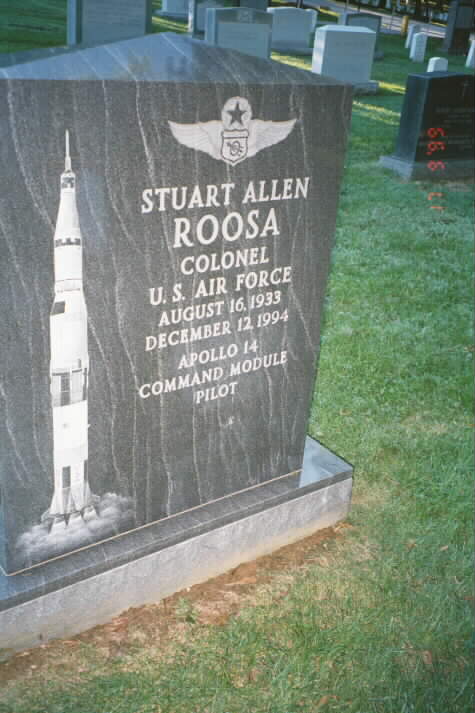
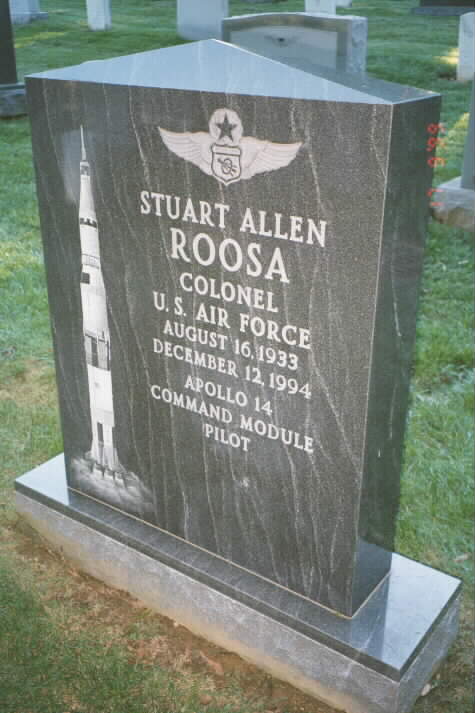
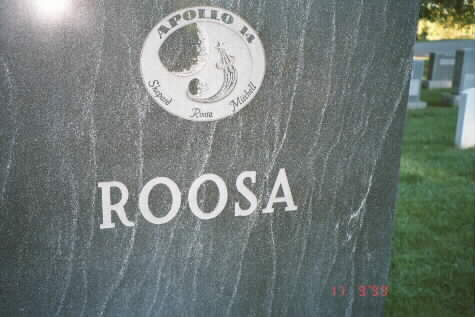
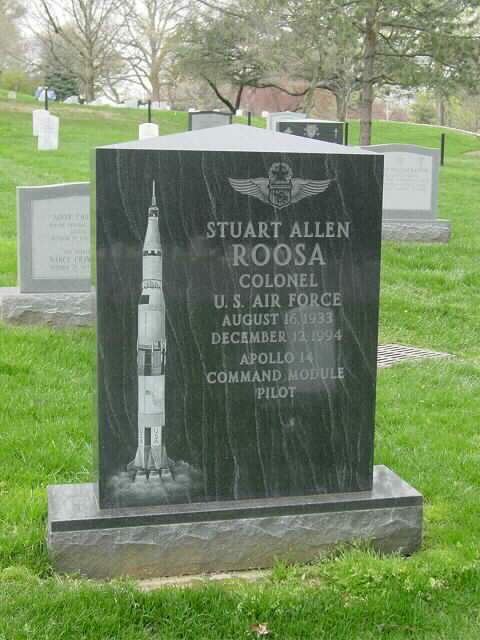
Michael Robert Patterson was born in Arlington and is the son of a former officer of the US Army. So it was no wonder that sooner or later his interests drew him to American history and especially to American military history. Many of his articles can be found on renowned portals like the New York Times, Washingtonpost or Wikipedia.
Reviewed by: Michael Howard

